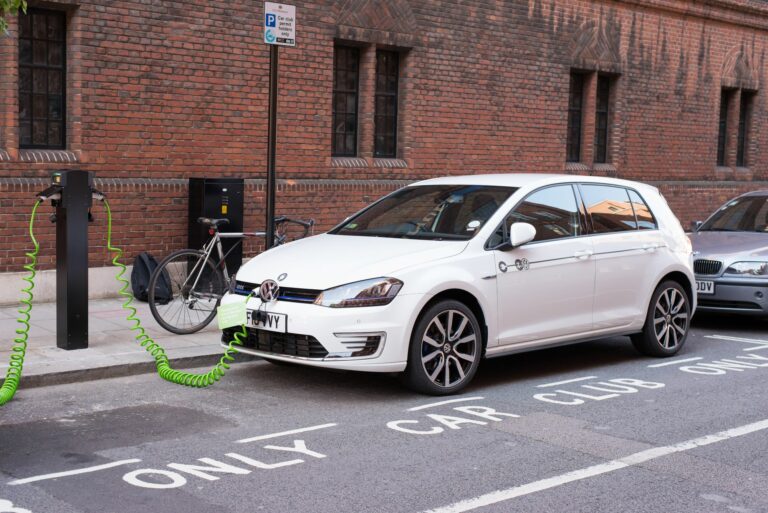Decline in Electric Vehicle Adoption Among UK Car Clubs
The share of electric vehicles (EVs) in UK car club fleets has experienced its first decline, dropping from 35% in 2023 to 30% in 2024, according to data from Collaborative Mobility UK (CoMoUK). While EVs still comprise a significantly larger proportion of car club vehicles compared to private ownership – where only 4% are electric – this downturn signals growing challenges for shared mobility operators.

CoMoUK attributes the decline to rising operational costs and changes in government policy. A new briefing reveals that operating a car club EV now costs approximately £6,276 more annually than a petrol vehicle. Key cost drivers include the lack of access to reduced domestic electricity VAT rates and higher public charging fees. Furthermore, the financial incentives that initially encouraged EV adoption are disappearing: EVs are no longer exempt from Vehicle Excise Duty and, from the end of this year, will be subject to London’s congestion charge.
In addition to financial barriers, user hesitation also plays a role. Some members prefer petrol vehicles due to concerns over EV charging, range limitations, and unfamiliarity with electric models. CoMoUK warns that without supportive policy changes at both national and local levels, car clubs will struggle to maintain momentum in reducing transport emissions. The organization emphasizes the urgent need for targeted interventions to ensure EVs remain viable in the shared mobility sector.
Richard Dilks, chief executive of CoMoUK, said: ‘The fall in the proportion of electric vehicles within UK car club fleets is unprecedented and concerning, and illustrates the intense cost pressures being faced by operators.’ He added that car clubs have led the way in the shift to electric and are still ahead of private ownership in this regard. However, he warned that progress might be lost unless action is taken at both local and national levels to ensure operators aren’t unfairly penalized.
Industry experts echo CoMoUK’s concerns. James Taylor, general manager of Zipcar UK, highlighted the need for further investment in dedicated car club infrastructure and measures to address high operational costs. Richard Falconer, founder of Co Wheels, pointed out that government rules on electricity pricing for commercial users hinder their ability to offer competitive EV options. Dan Gursel, head of Enterprise Car Club UK, emphasized the importance of government support in making EVs more cost-competitive. Marc Roberts, chief technology officer at Hiyacar, warned that until EVs become more cost-competitive, the full environmental benefits they can deliver will be delayed.
The industry stakeholders collectively call for policy changes, including more dedicated car club parking bays with charging stations, discounts, and tax exemptions to encourage the continued adoption of EVs in the car club sector.



